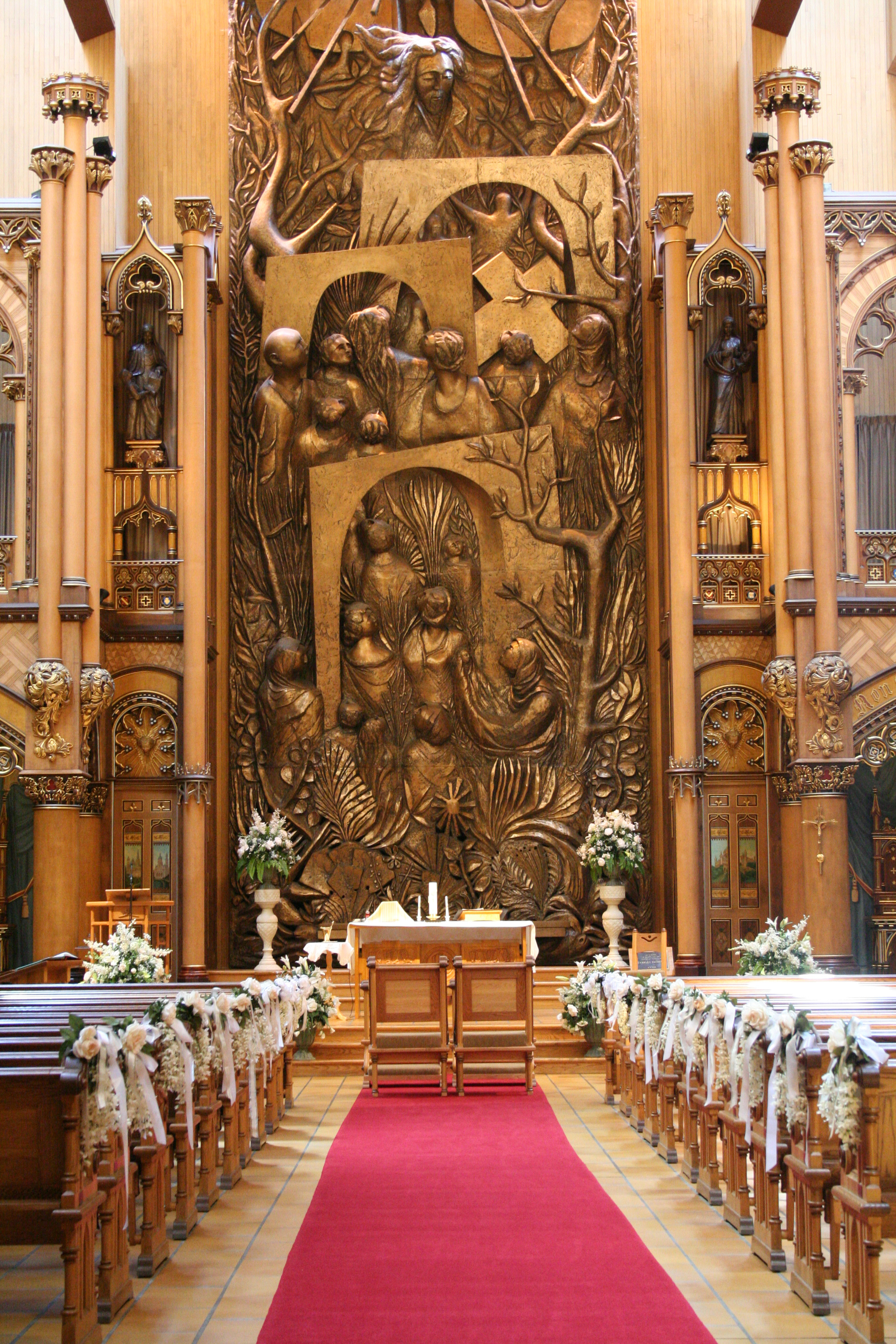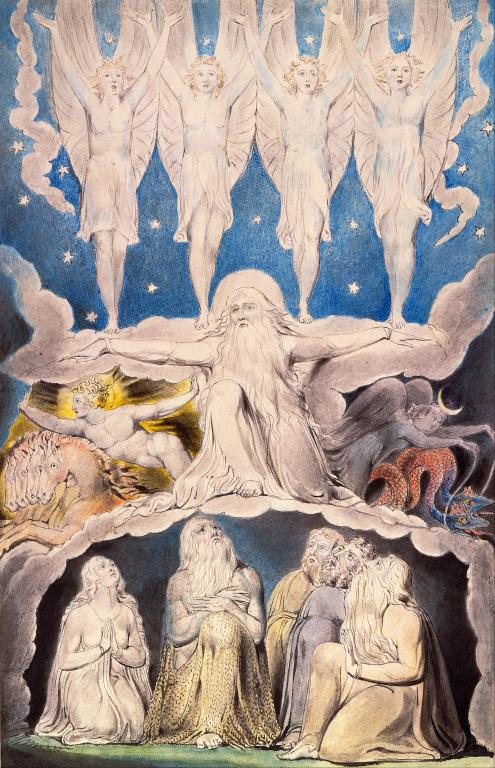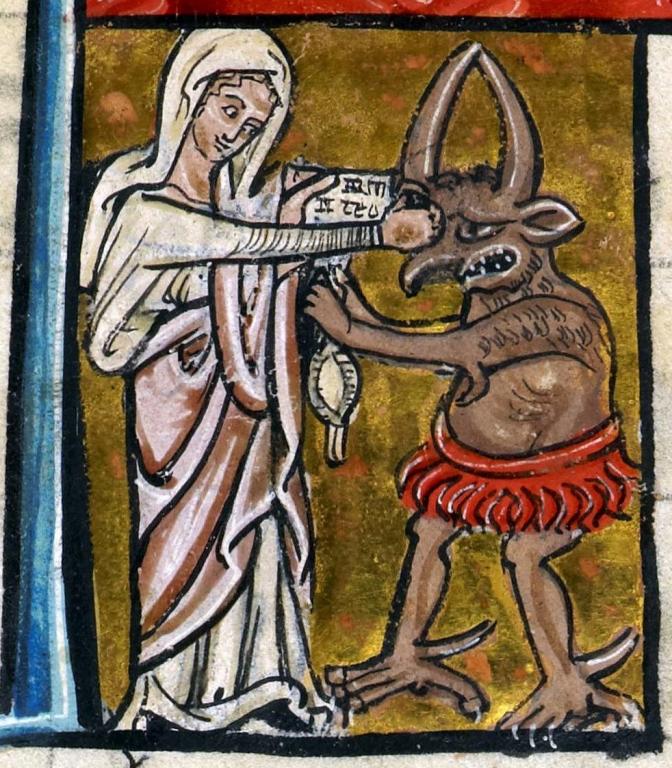David Russell Mosley

Ordinary Time
2 August 2016
The Edge of Elfland
Hudson, New Hampshire
Dear Readers,
As you know, I have been reading my way through the Harry Potter series again this summer. I have just finished reading Harry Potter and the Order of the Phoenix. Initially, this book, with all its wizard angst and misunderstood Harry made it a lesser favorite with me. However, on this read, I couldn’t help sympathizing with Harry more. I have always loved the happy scenes with Sirius and Lupin, my two favorite characters (with Arthur Weasley a close third). As I was reading it, particularly as I got to the final chapter with Fred and George, I was reminded of something I love about these books. I was reminded of how Rowling so often uses the common to combat evil.
When the Weasley twins prepare to depart they give the address of their new joke shop, something Harry helped them finance saying the world needed more jokes, this after Voldemort returned to the body. Half-Blood Prince, of course, takes us to that very joke shop. Deathly Hallows takes us to the Burrow and the wedding preparation as well as the wedding itself. New businesses, practical jokes, weddings these things are incredibly common. They happen everyday the world over. Yet it is precisely their commonality that allows them to be so powerful in the face of evil. There is, of course, an even greater example, twice given in the series, of the common overcoming evil: sacrifice to death for loved ones. What is more common than a mother loving her son or a schoolboy loving his friends? Nothing. Nothing is more basic than our love for one another. Despite the acts of violence, physical and otherwise, we are, at the core, homo amoris. We were created in love and for love. We are relational because we were created by a God who is tri-personal.
So, it is that common, and yet a mother’s love and a friend’s love save the world. Even both the joke shop and Bill and Fleur’s wedding have rather practical effects. Fred and George’s shop not only sells practical jokes but practical defences against attack. Without Bill and Fleur’s new marriage, there would have been no home for Ron to seek refuge in and thus nowhere for Dobby to take those who had been held prisoner in Malfoy Manor. But I think these effects are secondary. Yes, in these instances they have helpful and practical effects, whether for the main plot of the story or generally. But I think there is more we draw from them. It is precisely in the common, in the ordinary that we can find strength to face the evils of this world, not because there may be practical effects, but because these things are good. Most mothers love their children and many have died for them, but that I am aware, none have done so in a way that protected their child from harm and allowed them to grow up and save the world. People get married everyday and yet most marriages don’t result in the newly founded homes being way stations for tortured wand makers, goblins, or Harry Potter. These utilities to which they can be put don’t matter. What matters is the things themselves. Marriages, laughter, these things matter of their own accord, or at least because they participate in something deeper, something even more real.
Chesterton writes in his book Orthodoxy:
“The first is this: that the things common to all men are more important than the things peculiar to any men. Ordinary things are more valuable than extraordinary things; nay, they are more extraordinary. Man is something more awful than men; something more strange. The sense of the miracle of humanity itself should be always more vivid to us than any marvels of power, intellect, art, or civilization. The mere man on two legs, as such, should be felt as something more heartbreaking than any music and more startling than any caricature. Death is more tragic even than death by starvation. Having a nose is more comic even than having a Norman nose.”
Alison Milbank has called Chesterton a theologian of the real. I love this. I do, however, think that we could call him a theologian of the common. Readers of his excellent Father Brown stories will be aware how often things seem extraordinary and yet the solution, provided by the simple priest, is always quite ordinary. Chesterton, Tolkien, Lewis, MacDonald, Rowling, all understand the power of the common, of the ordinary. In Middle-earth there is the Shire, the small community of Logres does little more than farm, both Lewis’ Director and MacDonald’s King find healing subsistence from bread and wine, in Rowling we get homework, Quidditch, practical jokes, and weddings. These common, ordinary events are the means by which evil is overcome. It is precisely Frodo and Sam’s hobbitness, their commonness that allows them to reach Mt. Doom before Frodo tries to claim the ring. It is the commonness of bread and wine that makes them effectual for the Director and King (and for the Eucharist too, as Aquinas reminds us). It is the commonness of weddings and love that bring about the downfall of Voldemort.
If there has been a trend to many of my more recent posts it has been this: things do not look promising right now. Evil is rearing its ugly head in unexpected ways. But, the things we must do before all others are precisely these common things. We must feast and laugh and dance and sing. We must love and marry and have children. Yes, there will be times where we must stop to mourn or to fight, but these must the exceptions, not the norm. The norm must be a commitment to the common, to the ordinary, to the life well lived. By so doing, we will, with the grace of God, overcome the darkness.
Sincerely,
David
















